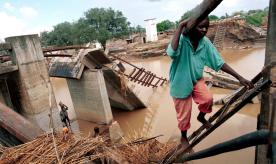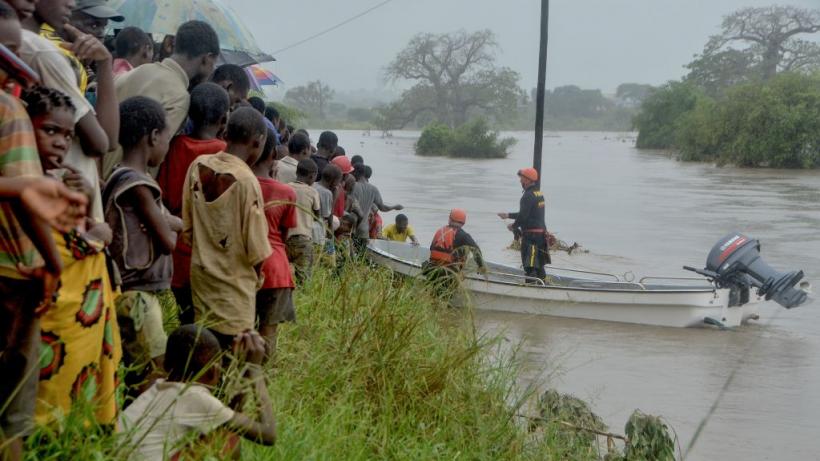Salience and accessibility of disaster risk information in Mozambique
Mozambique's coast is vulnerable to natural disasters and climate change. Quelimane, a city located by the mouth of the Rio dos Bons Sinais, is particularly exposed. Rapid population growth, due to a continuous influx of rural migrants, has resulted in an increase of informal settlements in flood-prone parts of the city. This introduced further vulnerability with poor socio-economic conditions.
The poor are most impacted and least able to cope with disaster losses. Improving individual and community resilience to disasters is crucial to promote sustainable economic growth. National and city governments could achieve much through:
- zoning
- building codes
- early warning systems
- evacuation plans and shelters
- disaster risk information campaigns
Policies require local understanding and involvement. Thus, bottom-up community interventions should complement top-down policies. It is also important to understand how access and use of disaster risk information depends on gender and other characteristics (age, education) that may prevent inclusiveness.
We will investigate the role of information for the resilience of households to disaster in Quelimane. Quantitative and qualitative data will be collected to better understand current risk attitudes, exposure, and action-taking of households living in poor socio-economic conditions. Fieldwork includes surveys with 600 heads of household and stakeholder focus groups. The latter includes community leaders and disaster risk management committees from sampled neighbourhoods.
The final report will include recommendations for urban disaster risk communication strategies, in particular relevant to Quelimane and other coastal cities.





